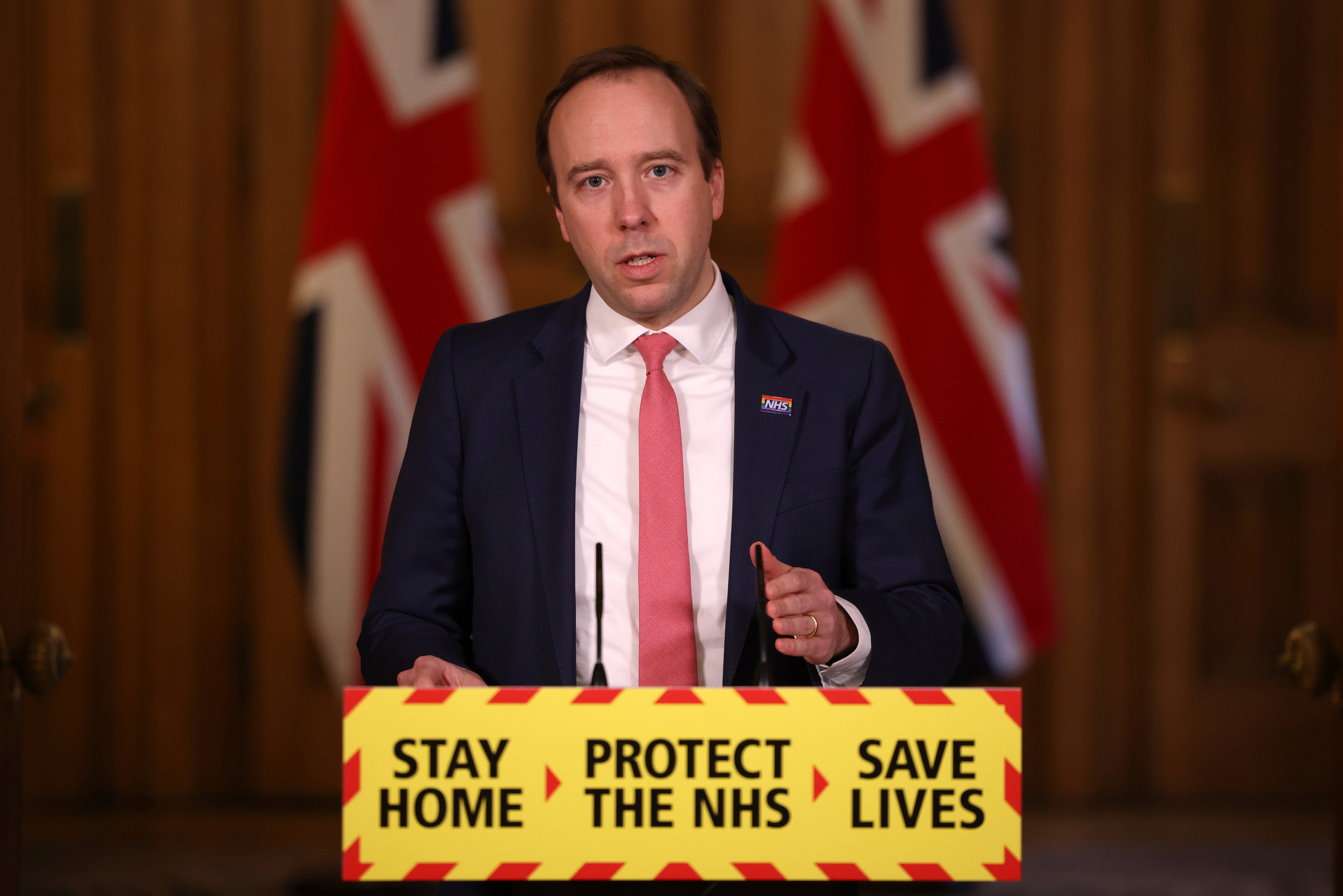
The first preliminary hearing looking into the United Kingdom government’s COVID-19 pandemic response has opened, promising to get to the truth in a process will “not drag on for decades”.
Baroness Heather Hallett, a former Court of Appeal judge who chaired the inquiry that began on Tuesday after a one-minute silence, said: “There’s one word that sums up the pandemic for so many, and that is the word ‘loss’.”
While the first session laid out procedures for future meetings, the in-person inquiry was heard by those who lost family members to the coronavirus pandemic at the height of lockdown.
Hundreds of thousands of people are expected to share their experiences of losing a family member to COVID-19 through a formal listening exercise.
At the same time, there will be a permanent tribute in the hearing hall to those who died from the disease.
Hallett said the inquiry would look into how the pandemic unfolded and consider whether the “level of loss was inevitable or whether things could have been done better”.
“My principal aim is to produce reports and recommendations before another disaster strikes the four nations of the UK and, if it is possible, to reduce the number of deaths, the suffering and the hardship,” she said.
The United Kingdom recorded more than 22 million COVID-19 infections and almost 178,000 deaths – the seventh-highest death rate, globally.

Hugo Keith, the lead counsel providing legal advice to Hallett, said the inquiry would be unprecedented and vast.
“[Its duty is] to get to the truth, to ensure that the full facts are revealed, that culpable and discreditable conduct is exposed and brought to public notice, that plainly wrongful decision-making and significant errors of judgement are identified, and that lessons may be properly learned,” he said.
“The bereaved and those who have suffered are absolutely entitled to no less,” Keith added.
The lack of a thorough plan
The inquiry was set up after substantial criticism of the UK government’s handling of the pandemic, including the lack of a thorough plan for dealing with a significant health event.
Other criticisms against the government include discharging elderly people from hospitals to care homes without a COVID test, locking the country down too late in March 2020, and a failing National Health Service (NHS) test-and-trace system.
Hallett promised that the inquiry would “not drag on for decades, producing reports when it is too late for them to do any good”.
“I promised the bereaved during the consultation process on the terms of reference that those who have suffered will be at the heart of the inquiry, and I intend to keep that promise,” she added.
The inquiry is expected to look into a wide range of topics; the first three “modules” will cover planning and preparedness, political decision-making, and healthcare.
The second module, political decision-making during the first few months of the pandemic, is expected to take place in November.
Public hearings for the two modules are expected in 2023.







